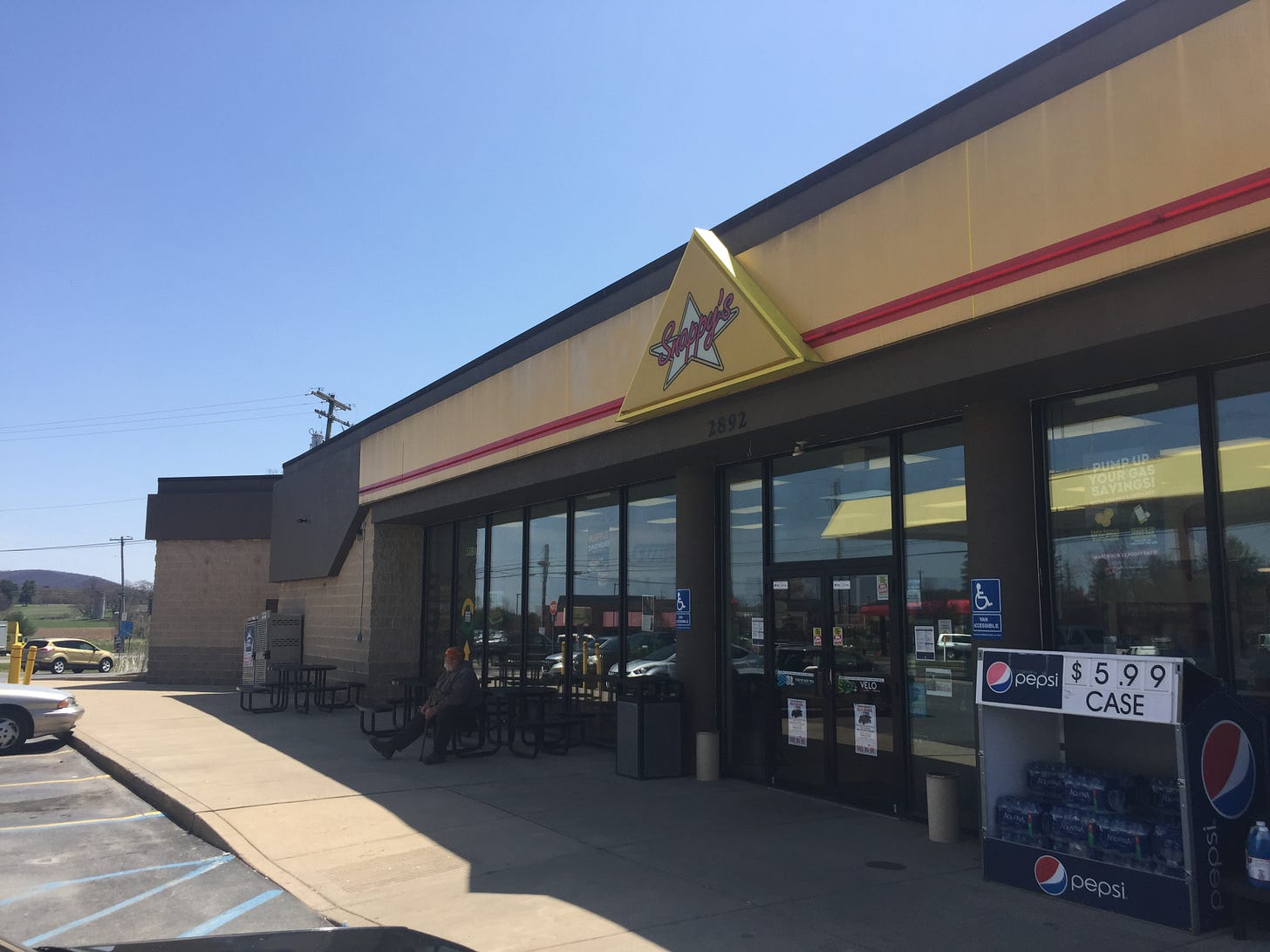Dear reader,
This essay is part of a larger series called Oh, Man, excerpts from a memoir on masculinity that I’m sharing here in the Courtyard for my paying subscribers.
For your reference:
Here’s an intro to the series.
Part 3: How did I become a man?
Part 6 picks up where we left off in Part 5, to the summer I turned 15. Please be mindful that this story includes sensitive scenes involving divorce. I share it here with deep respect and love for everyone in my family - what we went through and have been tasked with healing - and I give it to you with the trust that you’ll read and hold with care.
Sincerely,
Andrew
A few weeks after my return from the Algonquin, Dad told my mother about the affair. I don’t know what he thought would happen the night he took her out to that Panera to break the news, but I don’t imagine he was prepared for her anger.
Anger wasn’t something we did much in our family before that day. Not really. Little hiccups here and there, of course. Occasional sternness, sure. But the eyes-wide archangel of real anger was a stranger in our house.
There were lots of archangels that morning. More than I’ll ever know, I’m sure. “Angel”—angelos, in Greek—means “messenger.” And so they came for us, descending in their great and terrible multitudes: the anger, the grief, the confusion, the fear, the many angels of our humanity, each with a message, always with a message.
For a long time, over a decade, the shock and awe of my father’s betrayal overshadowed the also-astonishing revelation of my mother’s fury that day. Dad drew the spotlight of my attention first. Attempting to understand what I saw in Mom that morning was less urgent than my need to understand what I saw in him.
Because, he was a man. And I was a man-becoming. Was this what I should expect to encounter on the path of being and becoming a man? Whatever it was in him that allowed for this to happen, was it in me, too? Did all men wrestle with this dark angel, whatever it was? I was fifteen years old. I needed to know. It was a question of self-preservation. And I missed him, my dad. So much. Where was my dad? Who was my dad? These were the questions that resounded in my secret heart.
Mom was not a question. She was my bastion of safety and certainty. My stronghold. To wonder about the question of her, and of what I’d seen in her that morning—I couldn’t do that until much later, when the stronghold of myself was built up enough to withstand the groundbreaking revelation that she, too, was human. That her anger had wounded as well as protected. That there were mysteries here, in her, that I did not yet understand—both as a son, and as a man.
And it might be that I never will. How could I understand what it’s like, what it does to you, what it is, to love as a mother loves? To grieve as a mother grieves. And to rage as only a mother can, as a woman can, as the woman of my mother did, when the angels came for us that day.
I knew male anger was a thing. That message was crystal clear: It is right and good for a man to rage. The movies taught me this. The news. At fifteen, this concept was as familiar to me as breathing. If this concept was the inhale, then there was an exhale that went along with it: Women don’t get angry. Or they shouldn’t get angry. They should be nice. Should take care. Certainly shouldn’t cause a fuss, let alone tear the temple apart. Jesus tore the temple apart. Mary Magdalene washed his feet.
I didn’t consciously believe any of this, but unconsciousness is mostly how these concepts work.
There just weren’t any depictions of feminine fury in the stories I read, the movies I watched, the USA Today Dad always brought home after work, the Entertainment Weekly that came in the mail. I’d never seen anything like what I saw that morning in Mom.
It was supposed to be a cool and measured family meeting, the morning after their trip to Panera. That’s how it started.




